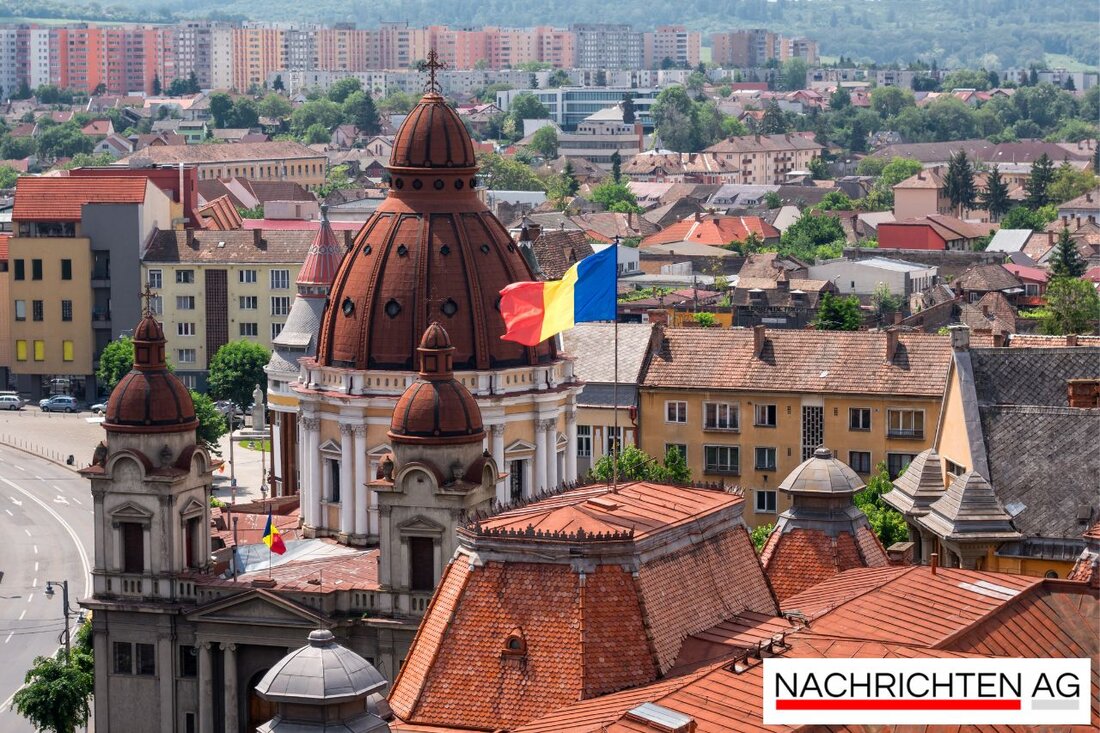Harz is fighting for skilled workers: Foreign helpers are conquering the catering industry!
In 2025, the Harz will be fighting a shortage of skilled workers in the hospitality industry and will increasingly rely on foreign workers to cope with the season.

Harz is fighting for skilled workers: Foreign helpers are conquering the catering industry!
As a picturesque holiday destination, the Harz attracts around 8.12 million overnight guests every year, but the necessary workforce is lacking in the region. In recent years, the hospitality industry has suffered greatly from a shortage of staff. Many hotels and restaurants have already recognized the need to rely more on international employees. The labor shortage is so serious that without these foreign employees, operations often cannot be maintained, as Yahoo Nachrichten highlights.
The situation is particularly tense in the hospitality industry, where the proportion of foreign employees is significantly higher than in other sectors. Many companies are not only looking for seasonal workers, but also need qualified specialists such as chefs. The Harz Tourism Association makes it clear that it is becoming increasingly difficult to attract German workers, which increases the dependence on international workers. This is in line with the results of the industry association DEHOGA, which reports an acute shortage of personnel in the catering industry and has already communicated that there are over 65,000 workers missing, which has become even worse since the COVID-19 pandemic Tagesschau describes.
International workforce on the rise
However, recruiting foreign workers is not easy. While EU citizens can work in the Harz Mountains without any obstacles, non-EU citizens have to overcome numerous hurdles. These include the existence of an employment contract, language skills and the recognition of professional qualifications. Complicated visa procedures can also mean that businesses cannot open on time. Nevertheless, the pressure to find new employees is increasing: on the East Frisian Islands, for example, every second employee in the hospitality industry now works from abroad. In Borkum and Norderney in particular, many employees from Romania and Poland are employed, but workers from countries such as Ukraine, Vietnam, Italy and Croatia are also represented.
The situation in the Harz reflects the general trend in Germany. Across the country, employment agencies are reporting a large number of job vacancies, and many companies are choosing not to market their opportunities through job centers. Competition for remaining employees is particularly challenging for small and medium-sized businesses in rural areas. This is forcing many in the catering industry to offer shortened opening hours and reduced menus in order to reduce costs, as further information from News38 can be seen.
The state government is helping
To counteract the problem, the state government is placing emphasis on recruiting workers, for example from Morocco, and has launched a labor migration partnership with the Tangier region. The first Moroccan trainees in the hospitality industry have even arrived in the companies, which can hopefully create more stable working relationships in the long term. After all, the Harz is not only a tourist highlight with breathtaking hiking trails and mystical mountains like the Brocken, but also a major employer. However, without the necessary skilled workers, the region can hardly maintain its attractiveness as a holiday paradise.

 Suche
Suche